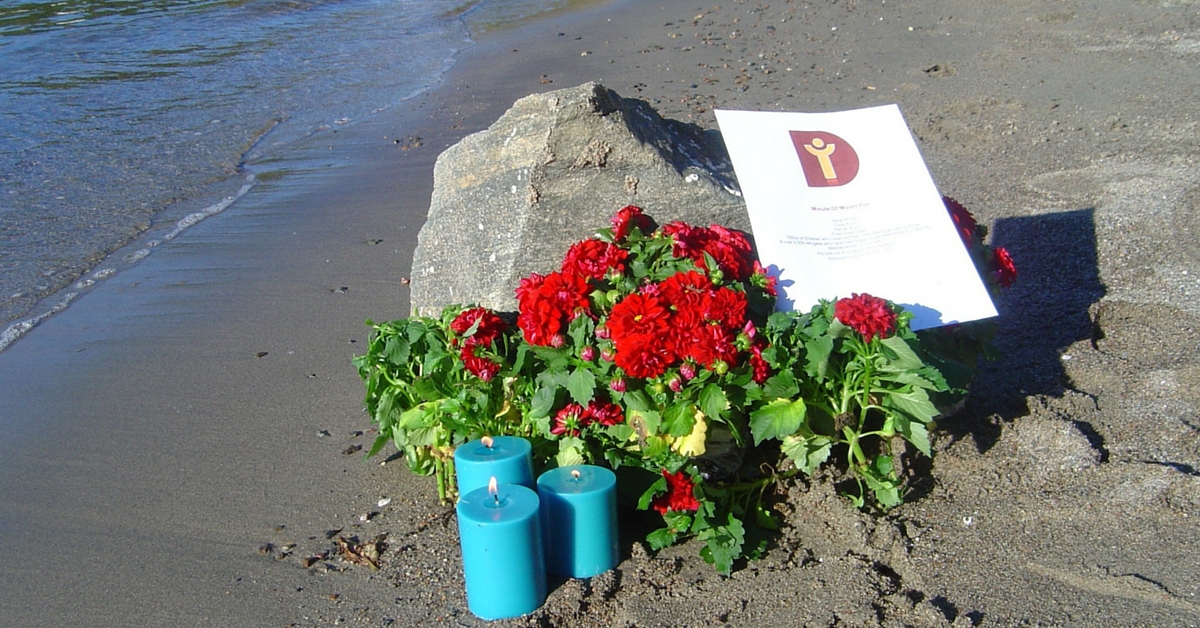
By now we’ve all seen the tragic image of Alan Kurdi’s lifeless body lying face down on the shore of a Turkish beach. Just three years old, his death put a face on the Syrian refugee crisis that proved to be impossible to ignore.
What some may not know however is that members of Alan’s extended family had tried to apply for refugee status within Canada and it was only after they were rejected that Alan’s mother and father made the decision to pay smugglers to get them out of Türkiye and into the European Union.
Getting Canadian Refugee Status
The Canadian government rejected the claims of the other members of the Kurdi family due not to ineligibility for refugee status or security concerns but because their paperwork was incomplete at the time of filing. And this fact highlights what has become an ongoing source of contention between the Federal Government and refugees and their advocates at home and abroad: the bureaucratic rejection of refugee claims in spite of the facts on the ground.
While it is true that refugee-status seekers can make a claim from their home country and send the appropriate documentation to the nearest Canadian consulate, obviously in practice this is a rare occurrence. What primarily occurs is asylum seekers using smugglers and other black market services in order to illegally arrive at a port of entry (an airport on Canadian soil for example).
In both cases the system takes over and the status seekers have their claims evaluated before a final decision is rendered on their case. But only in the latter is the refugee guaranteed to remain safe during the long bureaucratic process that ensues.
A Difficult Process
That the Canadian government expects refugees to have access to all their documentation – citizenship cards, birth certificates, passports, letters from employers and landlords etc. This is clearly very seldom the case. When one realizes these same people are often leaving home without things far more important with them, things like loved ones, the entire situation becomes shocking.
And even if the “perfect refugee” could be found – one with access to his or her entire suite of documents, the proficiency in English or French to complete the application paperwork and the time and safety to do so correctly, many refugee status seekers are fleeing nations in which totalitarian governments leverage just this sort information against their citizens in order to perpetuate the very horrors they fear. Naturally mistrustful then of any government authority, being asked to provide biometric data, family and personal histories and more simply to apply may seem a frightening prospect.
In the case of Syrian refugees immigrating through Türkiye to parts elsewhere, the problem is further compounded by Türkiye’s refusal to issue certain types of documents to refugees looking to emigrate to Canada (documents the Canadian government requires before granting asylum) and their obstinance in assisting refugees with self-identification.
The Government of Canada for its part states national security concerns as a serious factor in its handling of Syrian refugees thus far, fearing that terrorist elements fighting in the region may use an “open door” for Syrian refugees to sneak agents into Canada and the United States.
The Government naturally, therefore, wants to know who exactly is coming into Canada before they arrive. But although the Harper government has mentioned they would consider expediting Syrian refugee claims, as it stands now the general process for refugee admission – the number of bureaucratic hoops a claimant is required to jump through – remains ridiculous and Canadian refugee policy is only fuelling the burgeoning settlement crisis in Europe.
Are You a Syrian Refugee Interested in Immigrating to Canada?
The process can be a difficult one to undertake alone. Getting the help of an experienced immigration lawyer can ensure all of the steps are followed correctly. At Visaplace, our experienced immigration lawyers will be able to assess your case and recommend a course of action to best serve your needs. To get started, simply fill our free immigration assessment form and we will get back to you within 24 hours to discuss your eligibility and options.


